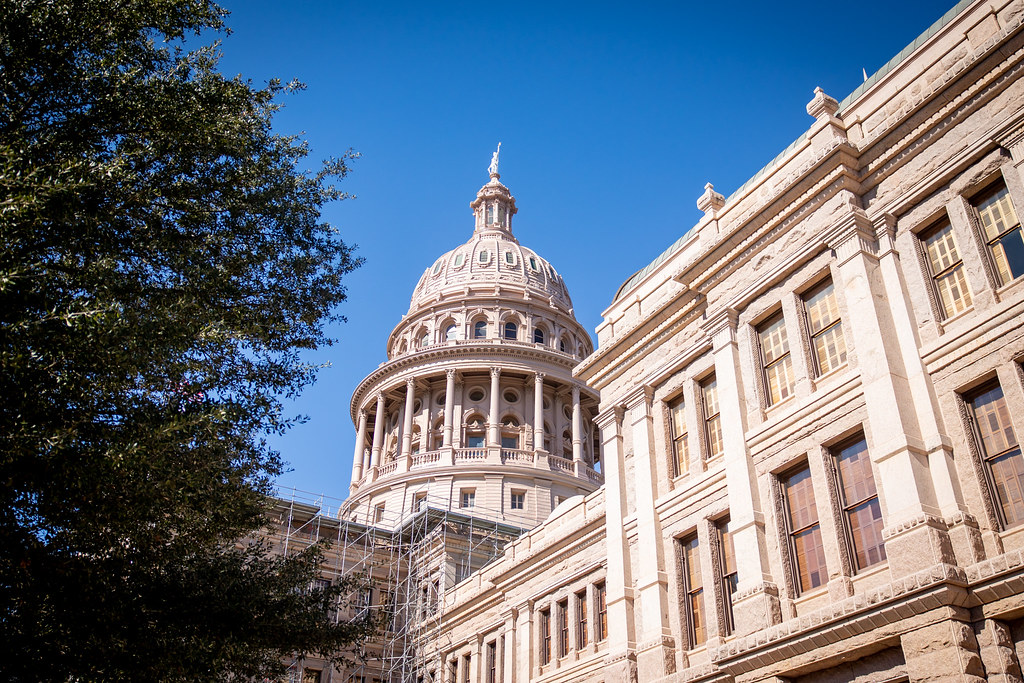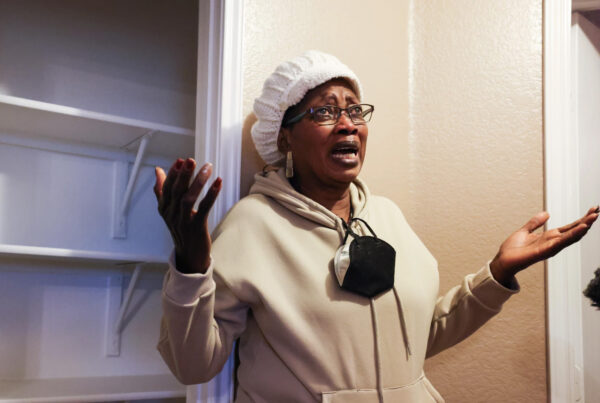The fourth special legislative session is still underway at the Texas Capitol, though lawmakers have taken a break for Thanksgiving.
This marks the first time in the Legislature’s 176-year history that lawmakers have met for more than three special sessions in the same year as a regular session.
The Texas House of Representatives finally voted last week on a wide-ranging education bill that included education savings accounts. However, before passing the legislation, a majority of House members voted to strip out the voucher-like program, which would have allowed parents to use tax dollars to send their children to private and religious schools.
Education savings accounts are Gov. Greg Abbott’s top legislative priority of the year, and the governor has vowed to support primary challenges against Republican lawmakers who don’t support the measure.
Sergio Martínez-Beltrán, who covers the Capitol for the Texas Newsroom, said the mood among lawmakers is “chaotic.”
“It’s been a little messy, you know, but truly, there’s a lot of frustrations from both sides. We have a group of Republicans who are frustrated because the priorities of the governor in terms of education savings accounts have not passed despite this being the fourth special session,” he said. “There’s also some frustration from members because, remember, this is a part-time legislature. They were supposed to go back to their districts in June or May. And here we are a day before Thanksgiving, and lawmakers were in Austin yesterday having to vote.”
» GET MORE NEWS FROM AROUND THE STATE: Sign up for Texas Standard’s weekly newsletters
The House bill that was voted on last week included a number of education measures, not just education savings accounts, Martínez-Beltrán said.
“[HB 1] was this education omnibus bill that … also included funding to increase the basic allotment, which is the per-pupil funding,” he said. “But a coalition of rural Republicans and Democrats voted to take out that school voucher provision. And what happened was that the the author of the bill, Chairman Brad Buckley, he decided to send back the bill to committee. So the House didn’t fully vote on the measure … and it’s our understanding that Chairman Buckley is not planning on having any more discussions on HB 1. So HB 1 is presumed dead.”
Martínez-Beltrán said the reason rural Republicans oppose vouchers is because there are not as many private school options in their districts.
“In these rural communities, school districts tend to be the largest employers. So there’s also this concern that redirecting public dollars into private schools could affect the largest employer in their district,” he said. “In many of these school districts in rural areas, there’s no private schools. So truly, a lot of these rural Republicans feel that a school voucher plan is not going to benefit any of the students in their district.”
Border & immigration legislation
There were other items on the agenda for this special session as well. Julián Aguilar, who covers breaking news and the border for the Texas Newsroom, said he expects the governor to sign the border bill passed by lawmakers: Senate Bill 4, dubbed the illegal entry bill.
SB 4 “would basically allow local and state law enforcement to arrest a person and charge them with illegal entry into Texas and then take them to a magistrate or a state judge where that official would have the power to order them to return to Mexico,” Aguilar said. “It’s a statewide bill, which means that the police officer doesn’t necessarily have to see a person attempting to enter Texas between the ports of entry.”
This bill is expected to face lawsuits from those who argue it’s unconstitutional, Aguilar said. One of the main arguments against the law is that it will give state officials the power to deport people to a foreign country, which has traditionally only been done by federal authorities.
“Obviously there are concerns about racial profiling and targeting vulnerable communities,” he said. But I think that the thing that the opponents are going to hang their hat on is the fact that immigration enforcement is largely under the purview of the federal government.
“My understanding, from speaking to immigration attorneys and folks that plan to challenge this legislation: They say that broadly, the way Texas’s SB 4 statute is written, specifically because of the state deportation provision, that is what makes it unconstitutional. …When you’re talking about returning somebody to a foreign country, which obviously involves coordination between federal governments from the United States and other countries, that’s where they draw the line.”
Aguilar said Senate Bill 3, which would provide $1.5 billion for border infrastructure, is still pending.
“That needs to clear one more hurdle in the Senate,” he said. “The House and the Senate are taking the rest of the week off, and they won’t be back until after the holidays. So there is still more to tune into with respect to border security legislation this session.”
Martínez-Beltrán said there is also still a question as to whether or not lawmakers will pass any school-related measures short of education savings accounts.
“The House did pass House Bill 2, which created school safety grant programs. It also allows for the money allocated for this program to also be used to run a fentanyl awareness program,” he said. “That bill was passed by the House. It’s now awaiting its fate in the Texas Senate. Again, the Senate is not coming back until next week. So we’ll see.”











